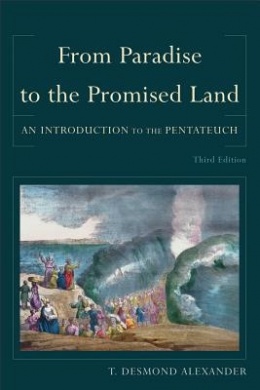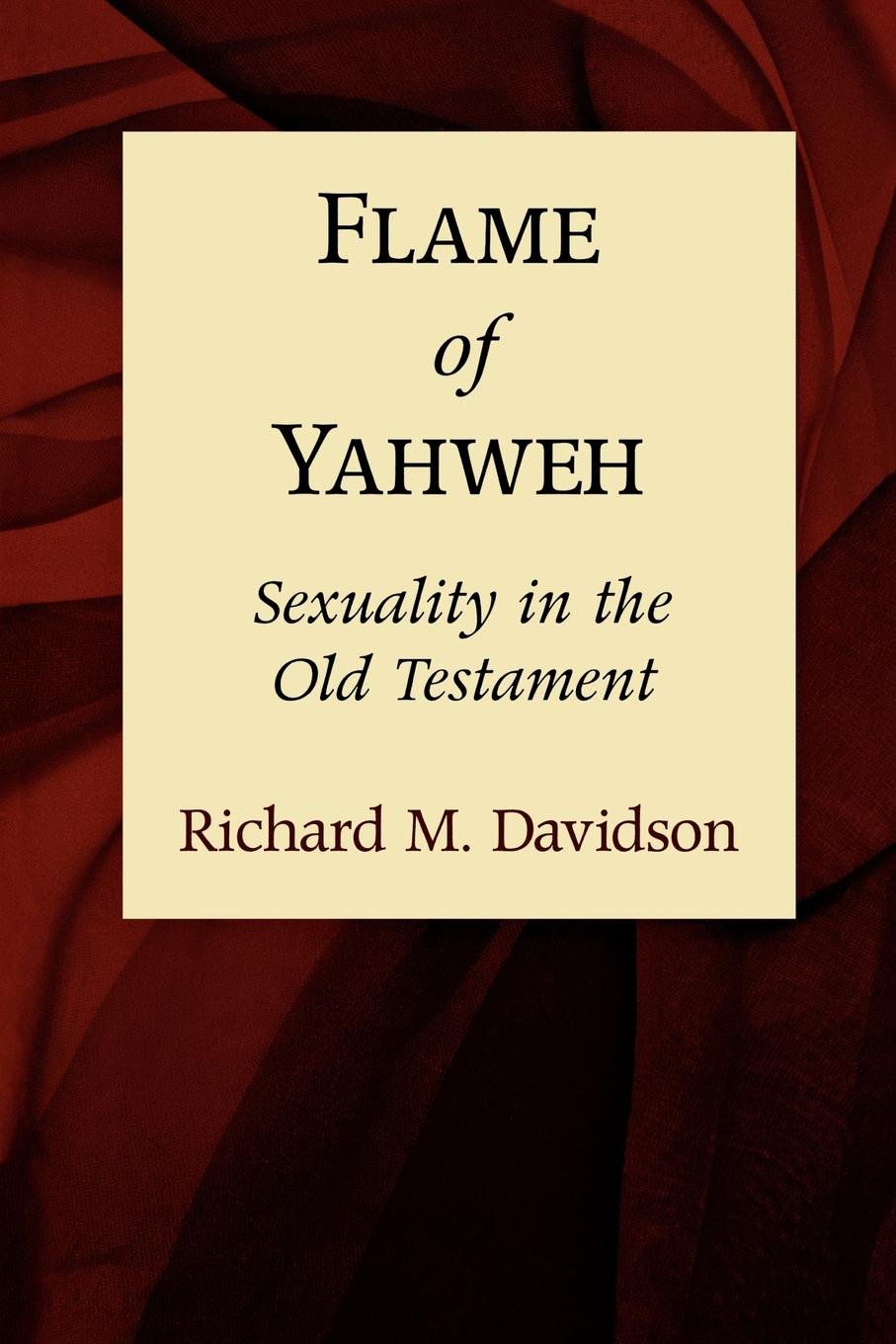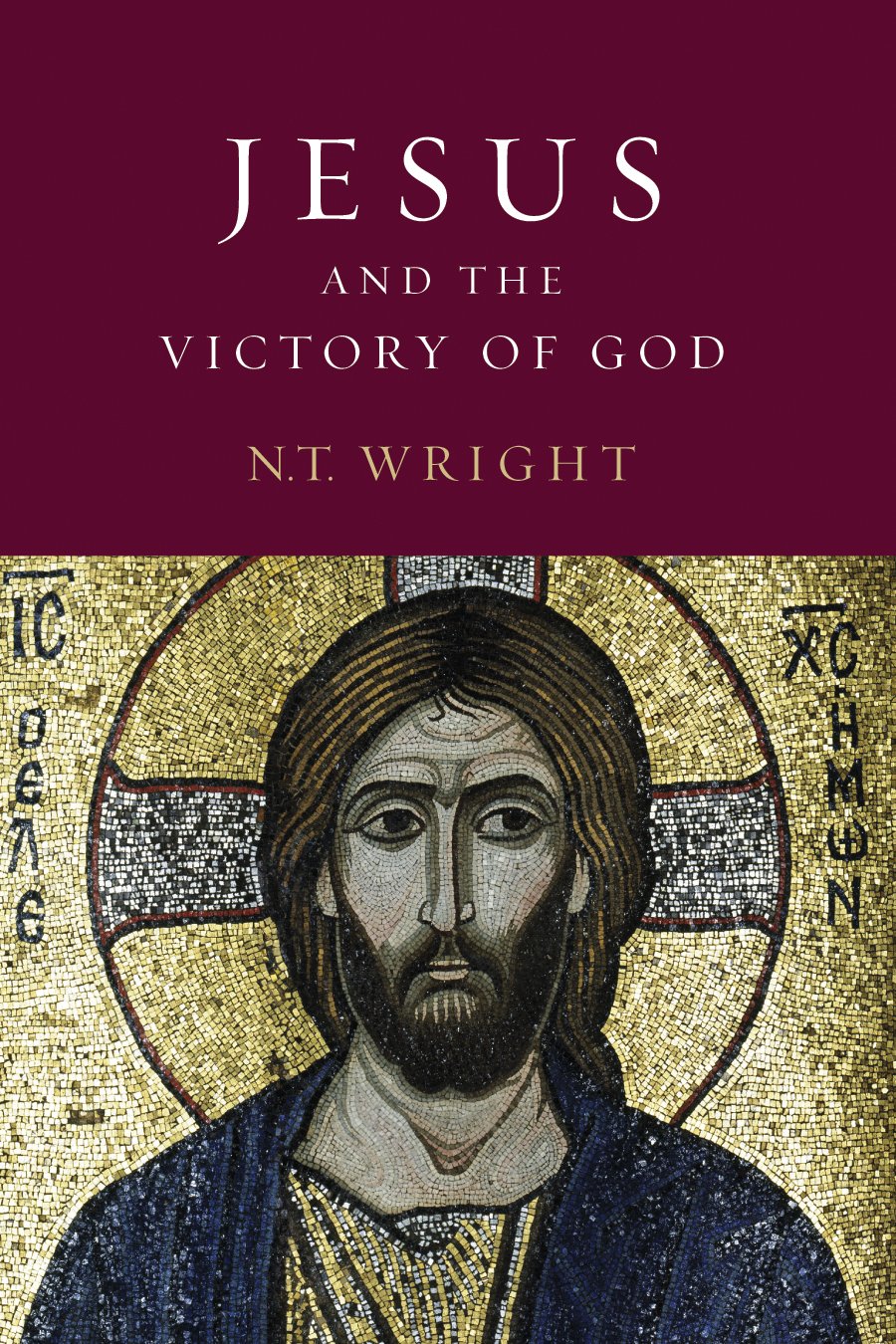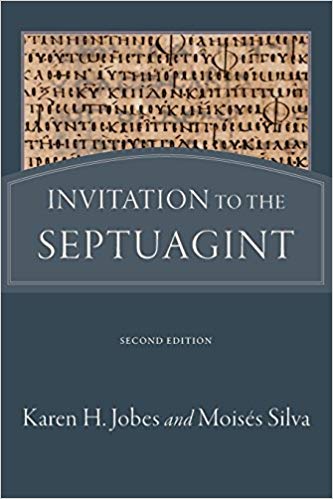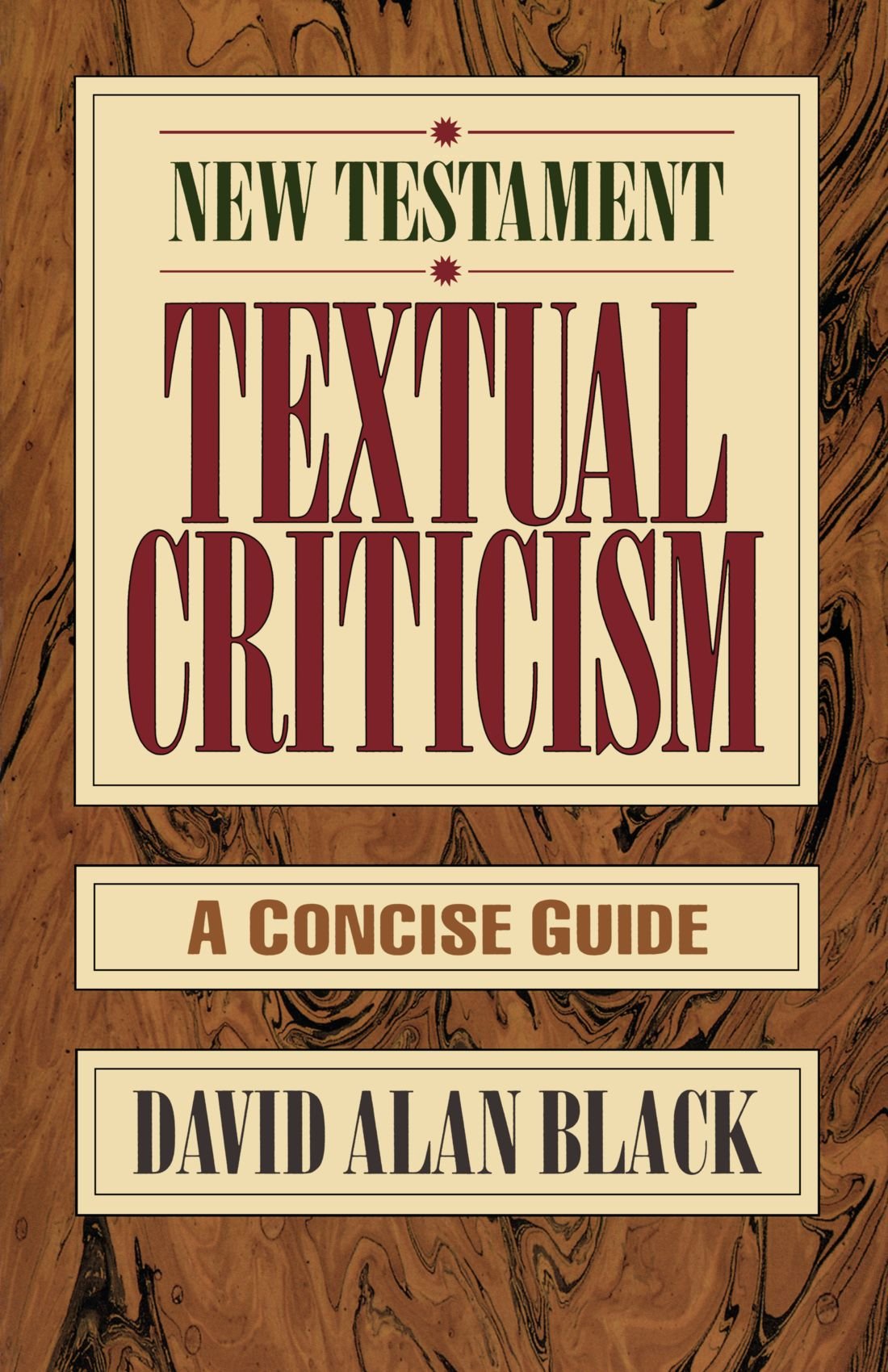top books
OLD TESTAMENT
Introductory
A House for My Name: A Survey of the Old Testament—Peter Leithart. A great survey of the Old Testament. Easy to read, insightful, and shows how the whole Old Testament points to Christ.
A Biblical-Theological Introduction to the Old Testament—Miles Van Pelt (ed.). Every Christian should have this on the shelf as a reference for studying a particular book of the Old Testament.
Digging Deeper
From Paradise to the Promised Land—T. Desmond Alexander. The absolute best book available on the Pentateuch (Genesis–Deuteronomy). Surveys major themes, typology, and academic issues in the first five books of the Bible.
Primeval Saints: Studies in the Patriarchs of Genesis—James Jordan. A great short work on the patriarchs of Genesis that challenges many traditional interpretations.
The Unseen Realm: Recovering the Supernatural Worldview of the Bible—Michael Heiser. This interesting work argues that God has a divine counsel revealed throughout the Bible. Heiser tackles the issues of the sons of God, the Nephilim, and giants. No one will agree with every interpretation in here.
Academic
Interpreting the Prophetic Word—Willem VanGemeren
Flame of Yahweh: Sexuality in the Old Testament—Richard Davidson
NEW TESTAMENT
Introductory
The Life and Theology of Paul—Guy Waters. A short but helpful introduction to the Apostle Paul and his theology.
A Biblical-Theological Introduction to the New Testament—Michael Kruger (ed.). Every Christian should have this book on the shelf as a reference for studying a particular book of the New Testament.
Digging Deeper
Who Chose the Gospels?—C.E. Hill
Jesus and the Victory of God—N.T. Wright
CANON OF SCRIPTURE
BIBLICAL THEOLOGY
Introductory
What is Biblical Theology?: A Guide to the Bible's Story, Symbolism, and Patterns—James Hamilton. This brief but excellent book explains how subjects can be traced throughout redemptive history and how types in the Old Testament find fulfillment in Christ. Hamilton gives plenty of examples to help readers understand the overall themes of Scripture.
Digging Deeper
New Dictionary of Biblical Theology. Every student of Scripture should have this on the shelf.
Dictionary of Biblical Imagery. Another helpful Bible dictionary.
Academic
Marriage as a Covenant—Gordon Hugenberger. A scholarly work that interacts heavily with Hebrew, but it is well worth it for its argument from the Bible that marriage is a covenantal act before God.
Images of the Spirit—Meredith Kline. This work is rather academic and technical (but also brief) and is an in-depth exegetical study on what exactly constitutes “the image of God.” Kline argues for the royal/judicial, priestly, and prophetic aspect to the image of God, and it plays itself out in the Bible in things like the tabernacle and priestly garments, the prophetic ministries of Moses and Elijah, etc. Full of profound biblical insights on an often neglected theme.
BIBLE BACKGROUND
The ESV Bible Atlas—John Currid and David Barrett. Beautiful maps and photos with helpful chapters on biblical geography.
Backgrounds of Early Christianity—Everett Ferguson
Ancient Greece—Thomas Martin. The best short work on ancient Greek history.
Ancient Rome—Thomas Martin. The best short work on ancient Roman history.
HEBREW
Introductory
Basics of Biblical Hebrew—Gary Pratico & Miles Van Pelt. The standard introductory work on biblical Hebrew.
+Workbook
+Graded Reader
+Video Lectures
+Learn Biblical Hebrew Pack
Digging Deeper
Biblia Hebraica Stuttgartensia (BHS). The standard Hebrew Bible with text-critical notes.
BHS Reader’s Edition. This is the best way for intermediate Hebrew students to improve their skills. Rare Hebrew words have English definitions at the bottom of the page.
An Introduction to Biblical Hebrew Syntax—Bruce Waltke & Michael O’Connor
New International Dictionary of Old Testament Theology and Exegesis (NIDOTTE). A five-volume set with short articles on important Hebrew words in the Old Testament.
GREEK
Introductory
Basics of Biblical Greek—William Mounce. The standard introductory work on biblical Greek.
+Workbook
+Graded Reader
+Video Lectures (also streaming option)
+Learn Biblical Greek Pack
Digging Deeper
The Greek New Testament (UBS 5). One of the standard Greek New Testaments with text-critical notes.
UBS 5 Reader’s Edition. This is the best way for intermediate Greek students to improve their skills. Rare Greek words have English definitions at the bottom of the page.
Greek: An Intensive Course—Hardy Hansen and Gerald Quinn. This is an excellent book for improving Greek grammar, focused on classical Greek rather than biblical Greek. Helpful for Septuagint Greek but also New Testament Greek.
Greek Grammar Beyond the Basics—Daniel Wallace. A good reference for Greek syntax in the New Testament.
+Video Lectures
A Greek-English Lexicon (BDAG). The standard Greek-English dictionary for the New Testament.
Septuagint
Introductory
The Septuagint: What It Is and Why It Matters—Gregory Lanier and William Ross. An excellent introduction to the Greek translation of the Old Testament. This book explains what we know about the origins of the Septuagint, as well as why it is important for both the Old and New Testaments.
Digging Deeper
Invitation to the Septuagint—Karen Jobes and Moises Silva. An excellent intermediary work on the Greek translation of the Hebrew Old Testament, with helpful discussions of textual criticism. This is best suited for someone with a knowledge of Greek and Hebrew.
TEXTUAL CRITICISM
Introductory
Old Testament Textual Criticism: A Practical Introduction—Ellis Brotzman. Very short but helpful introduction to Old Testament textual criticism.
New Testament Textual Criticism: A Concise Guide—David Black. Very short but helpful introduction to New Testament textual criticism.
The King James Only Controversy: Can You Trust Modern Translations?—James White. This work addresses the King James Only position, but in doing so it deals with issues of textual criticism and the textual traditions.
Digging Deeper
A Textual Commentary on the Greek New Testament—Bruce Metzger. This reference work belongs on every pastor’s shelf. Metzger comments on most textual variants and then gives a letter grade for how sure he is of the best reading.
COVENANT THEOLOGY
Introductory
Covenants Made Simple—Jonty Rhodes. The best short introduction to covenant theology, showing the unity of God’s redemptive promises.
The Fulfillment of the Promises of God: An Explanation of Covenant Theology—Richard Belcher. While much more detailed than Rhodes’ work, this is an excellent introductory overview of covenant theology.
Digging Deeper
Covenant Theology: Biblical, Theological, and Historical Perspectives—Waters, Reid, Muether (editors). This work by the faculty of Reformed Theological Seminary will become the standard textbook for covenant theology. See the full review of the book.
Christ and Covenant Theology: Essays on Election, Republication, and the Covenants—Cornelis Venema. This is a somewhat technical work, though well written and one of the best treatments of recent debates, covering the Federal Vision, N.T. Wright’s view of justification, the relationship between covenant and election, and the question of whether the covenant of works was republished in the Mosaic covenant (including two long chapters critiquing Kline’s republication view).
Covenant Theology—Peter Golding. An excellent theological and historical treatment of covenant theology, including an extremely helpful discussion of the different views of the Mosaic covenant.
The Case for Covenantal Infant Baptism—Gregg Strawbridge (ed.). A collection of essays covering covenant theology, the relationship between covenant and election, and the covenant basis for infant baptism.
Jesus and Israel: One Covenant or Two?—David Holwerda
SYSTEMATIC THEOLOGY
Westminster Confession of Faith and Catechisms. The doctrinal standards of Presbyterianism.
Institutes of the Christian Religion—John Calvin. A readable systematic theology from one of the greatest Reformers.
Salvation Belongs to the Lord—John Frame. A shorter work on systematics, ideal for one-on-one or group discipleship.
Systematic Theology—Louis Berkhof. Good concise chapters covering each of the major areas of theology.
Reformed Dogmatics (4 vol)—Herman Bavinck. A longer treatment of systematic theology, but well worth it. Bavinck has several strengths that are not often found in other works on systematics. First, while full of depth and substance, Bavinck is also very lucid and flowing in his writing style. Second, Bavinck does a great job of laying out positions with which he disagrees honestly and in their strongest form (no straw-manning), and he then demonstrates why the Reformed understandings are superior. Third, at four volumes, Bavinck is more comprehensive than most systematic theologies, especially in his treatment of epistemology (the whole first volume).
APOLOGETICS
Apologetics: A Justification of Christian Belief—John Frame. The best apologetic work available. Frame holds a presuppositional epistemology but is willing to use any argument to persuade people of the Christian faith.
CHURCH HISTORY
The Story of Christianity (Volume 1)—Justo Gonzalez. Excellent chronological treatment of church history, from early church up to the Reformation.
The Story of Christianity (Volume 2)—Justo Gonzalez. Excellent chronological treatment of church history, from the Reformation to the modern day.
Church History in Plain Language—Bruce Shelley. An enjoyable one-volume treatment of church history.
Turning Points: Decisive Moments in the History of Christianity—Mark Noll. Focuses on some of the most important events in church history.
The Unquenchable Flame: Discovering the Heart of the Reformation—Michael Reeves. An excellent short treatment of the Protestant Reformation.
Documents of the Christian Church—Henry Bettenson (ed.). A collection of important Christian documents throughout history.
The Apostolic Fathers: Greek Texts and English Translations—Michael Holmes
Christianity: The First Three Thousand Years—Diarmaid MacCulloch. This is not written from a believing perspective, so much of his treatment of the New Testament and early church (especially regarding the NT canon) takes unfortunately liberal and unnecessary perspectives. However, for a readable but still comprehensive and substantive account of the church from a wide angle (MacCulloch covers both the Eastern and Western churches, as well as schismatic movements and lesser known churches like those in Ethiopia and Asia) and in an engaging narrative style, this is a one-volume church history that is hard to beat.
Bible COMMENTARIES
Genesis 1-15 (WBC)—Gordon Wenham
Genesis 16-50 (WBC)—Gordon Wenham
Exodus (Apollos)—T. Desmond Alexander
Exodus (NAC)—Douglas Stuart
The Book of Leviticus (NICOT)—Gordon Wenham
Numbers (Tyndale)—Gordon Wenham
The Book of Deuteronomy (NICOT)—Peter Craigie
Joshua: No Falling Words (Focus)—Dale Ralph Davis
Judges: A 12-Week Study (Knowing the Bible study guide)—Miles Van Pelt
A Son to Me: An Exposition of 1 & 2 Samuel—Peter Leithart
1 & 2 Kings (Brazos)—Peter Leithart
Isaiah: An Introduction & Commentary—Alec Motyer
The Book of Jeremiah (NICOT)—J.A. Thompson
The Book of Ezekiel: Chapters 1–24 (NICOT)—Daniel Block
The Book of Ezekiel: Chapters 25–48 (NICOT)—Daniel Block
The Minor Prophets: A Commentary on Hosea, Joel, Amos (Volume 1)—Thomas McComiskey
The Minor Prophets: A Commentary on Obadiah, Jonah, Micah, Nahum, Habakkuk (Volume 2)—Thomas McComiskey
The Books of Nahum, Habakkuk, and Zephaniah (NICOT)—O. Palmer Robertson
Psalms 1–50 (WBC)—Peter Craigie
Psalms (EBC)—Willem VanGemeren
Job: A Son for Glory—Toby Sumpter
God’s Wisdom in Proverbs—Dan Phillips
The Book of Ruth (NICOT)—Robert Hubbard
Ecclesiastes & the Song of Songs (Apollos)—Daniel Fredericks & Daniel Estes
Lamentations
Esther
Daniel
Ezra-Nehemiah
1 Chronicles
2 Chronicles
The Gospel of Matthew (NICNT)—R.T. France
The Gospel of Mark (NIGTC)—R.T. France
Luke
John
Acts
Romans
1 & 2 Corinthians (Geneva)—Charles Hodge
Galatians
Ephesians
Paul’s Letter to the Philippians (NICNT)—Gordon Fee
Colossians
The Pastoral Epistles (NIGTC)—George Knight
1-2 Thessalonians
Hebrews
James
Jude
1-2-3 John
1-2 Peter
Revelation


